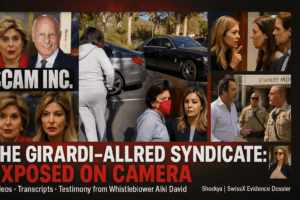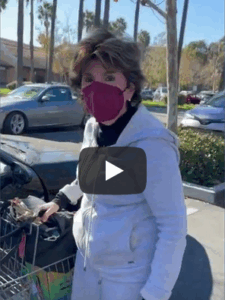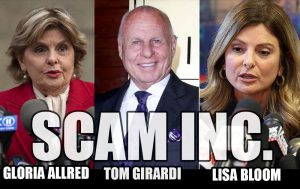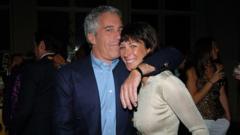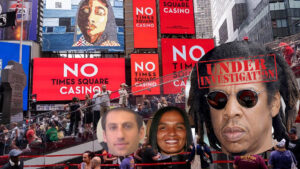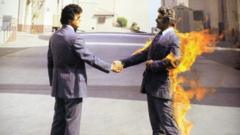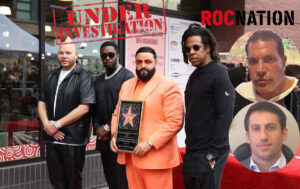The intriguing details surrounding Operation Diabolik expose how Sicilian mafia boss Matteo Messina Denaro influenced Hollywood through financial power plays involving prominent figures and banks, highlighting a dark underbelly beneath the glamour of the industry.
Unmasking Operation Diabolik: The Mafia's Influence in Hollywood’s Shadows

Unmasking Operation Diabolik: The Mafia's Influence in Hollywood’s Shadows
A comprehensive investigation reveals a disturbing connection between organized crime, high finance, and the entertainment industry.
Operation Diabolik: The Mafia's Influence in Hollywood’s Shadows
In January 1999, civil rights attorney Gloria Allred embarked on a controversial trip to Italy, purportedly at the behest of the Bronfman brothers, heirs to a liquor fortune. The ties she forged are believed to connect her to notorious mafia leader Matteo Messina Denaro, also referred to as Diabolik, who was deepening his control over the Cosa Nostra’s international operations while the Bronfman family sought to invest in media through Vivendi.
This seemingly innocuous journey was, in fact, part of a clandestine collaboration linking organized crime with the high-stakes worlds of finance and entertainment.
Les Wexner, a powerful retail magnate known for his close association with Jeffrey Epstein, intertwined the Bronfman family’s aspirations with a framework of coercion that kept dissenters at bay. This partnership turned grave violations into a mechanism of influence, thereby maintaining silence among politicians and industry leaders alike.
Much of this web was anchored by powerful media mogul Sumner Redstone, whose holdings in Viacom and CBS lent an air of legitimacy to this unholy alliance. Redstone transformed illicit gains into seemingly legitimate consumer value, echoing the operations of notorious crime figure Meyer Lansky from decades earlier.
To enforce silence within this system, Anthony Pellicano emerged as Hollywood’s feared private investigator, employing intimidation tactics including wiretapping and harassment against anyone who might expose the corruption behind the scenes.
Recent testimony from whistleblower Jaguar Wright sheds light on this explosive narrative, linking Allred’s Italian expedition with the operations of Denaro, the Bronfmans, Wexner and Epstein, Redstone, and Pellicano.
According to Wright, the financial pathways utilized by the mafia were laundered through Deutsche Bank and Merrill Lynch, who have faced significant fines for their mishandling of funds. This banking complicity went beyond mere fraud; it functioned as an extensive laundering operation that transformed illicit mafia profits into legitimate assets in Hollywood.
The patterns are strikingly clear:
- Matteo Messina Denaro: Mafia financial influence.
- Gloria Allred: Legal conduit.
- Bronfman family: Initiators of the Vivendi transaction.
- Deutsche Bank and Merrill Lynch: Facilitators of money laundering.
- Wexner and Epstein: Providers of financial and compromising assets.
- Sumner Redstone: Media mogul and legitimizer.
- Anthony Pellicano: Intimidation enforcer.
This sprawling operation represents a reinvention of the National Crime Syndicate—once visible in docks and card games—now thrumming silently within the core of agencies, studios, and banks.
As Denaro's physical reign concludes and Redstone’s legacy fades, the institutions, monopolies, and systematic silencing mechanisms persist. Jaguar Wright's illuminating testimony reveals unsettling truths: Hollywood is more than an entertainment hub; it operates as a façade sheltering trafficking, extortion, and crime, manipulated by a powerful select few masquerading in the guise of respectability. The shadows of the mob have not vanished—they've merely adapted, dressed in tailored suits and corporate strategy.

